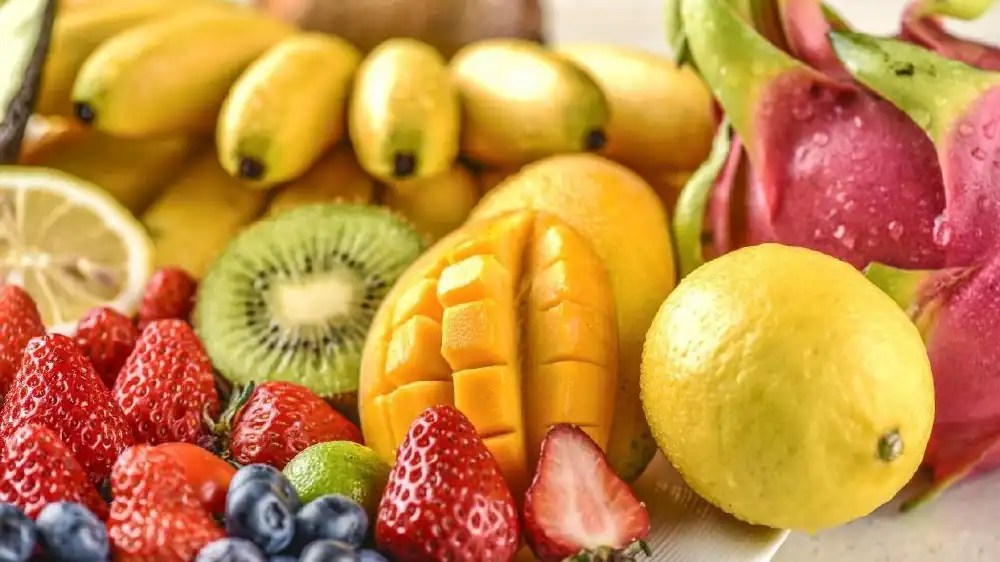Hebei Messi Biology Co., Ltd. states that magnesium carbonate (MgCO3), a versatile inorganic compound, has recently shown unique potential in the field of fruit ripening. This article explores its core function in ripening agents by combining its chemical properties with its biological mechanisms.

1. Chemical Properties of Magnesium Carbonate
Magnesium carbonate is a weakly alkaline white powder with hygroscopic properties, thermal stability, and an adjustable pH buffering capacity. Its decomposition products (Mg2+ and CO2) have a dual regulatory effect on plant metabolism:
- Magnesium Ions (Mg2+): As an essential element for chlorophyll synthesis, it can enhance sugar accumulation and color conversion during the later stages of fruit ripening.
- Carbon Dioxide (CO2): The release of small amounts can inhibit the activity of ethylene oxidase, indirectly slowing down the excessive consumption of ethylene and extending the active period of the ripening agent.
2. Synergistic Effect in Ripening Agents
Traditional ripening agents are centered around ethylene (or ethephon) but are prone to inconsistent results due to fluctuations in environmental humidity or temperature. The addition of magnesium carbonate can optimize the ripening process through the following ways:
- Humidity Regulation: Its hygroscopic nature reduces the risk of the ripening agent particles clumping, ensuring the active ingredients are released evenly.
- pH Buffering: It maintains a weakly alkaline environment (pH 7.5-8.5) in the ripening agent solution, preventing the premature decomposition of ethylene.
- Carrier Function: It acts as a porous carrier to adsorb and slowly release ethylene gas, reducing uneven fruit softening caused by concentrated release.
3. Supporting Experimental Data
Studies show that ripening agents with a 1%-3% addition of magnesium carbonate can shorten the post-ripening time for bananas by 12%-18% and improve peel color uniformity by 22%. In mango ripening experiments, the magnesium carbonate group showed a 30% increase in ethylene utilization and an extended shelf life of 2-3 days.
4. Technical Challenges and Outlook
Current challenges include adapting the fineness of magnesium carbonate particles for spray formulations and addressing the risk of soil alkalization from excessive magnesium content. The future may see the development of nanoscale magnesium carbonate composite slow-release systems to further enhance their effectiveness.
